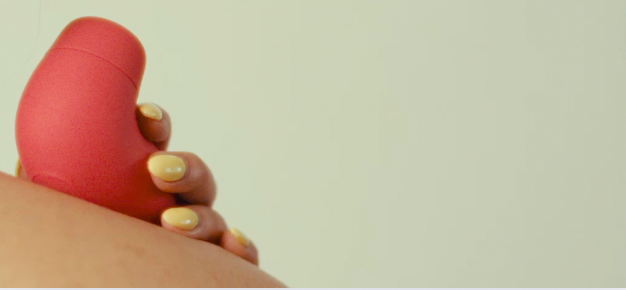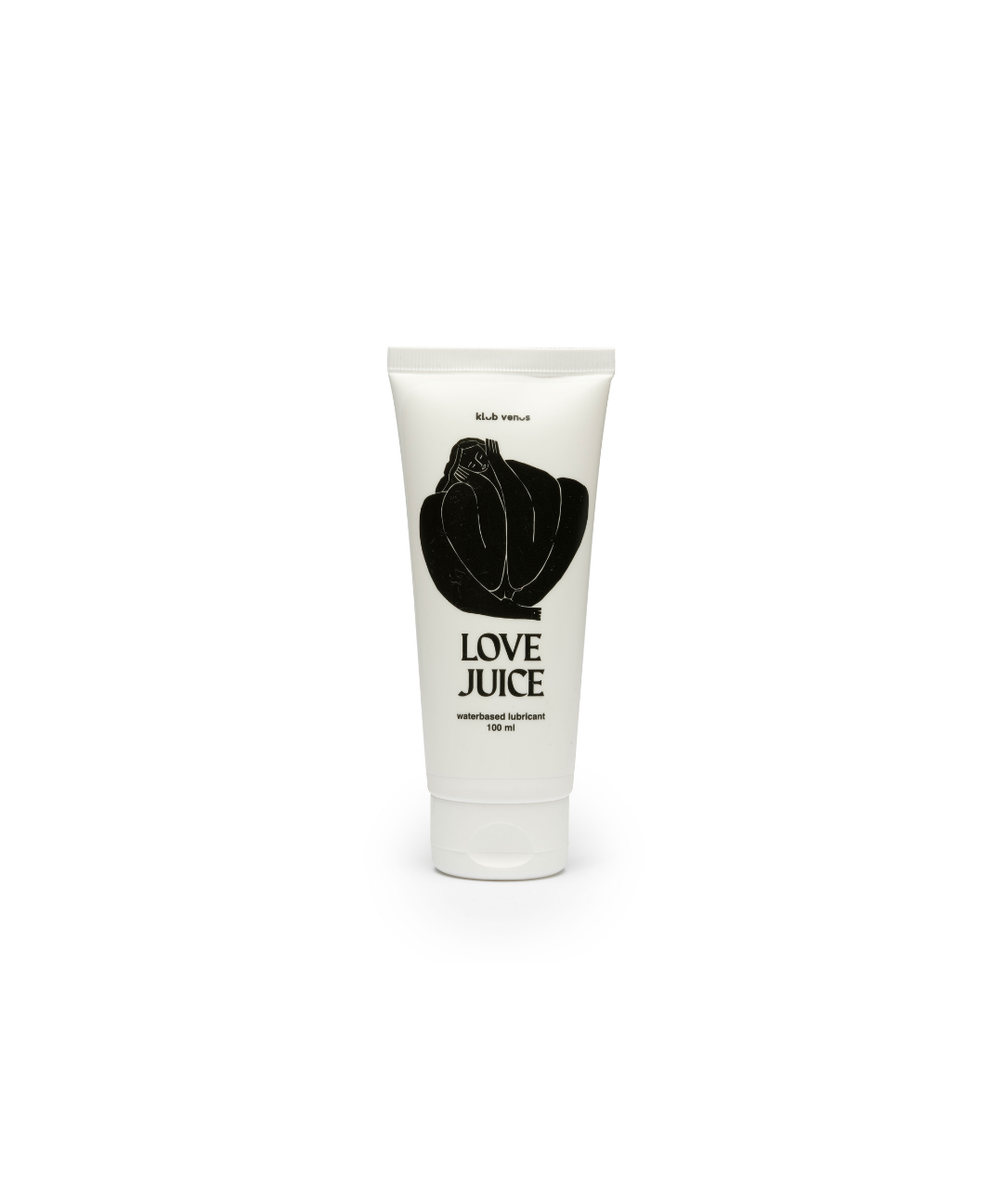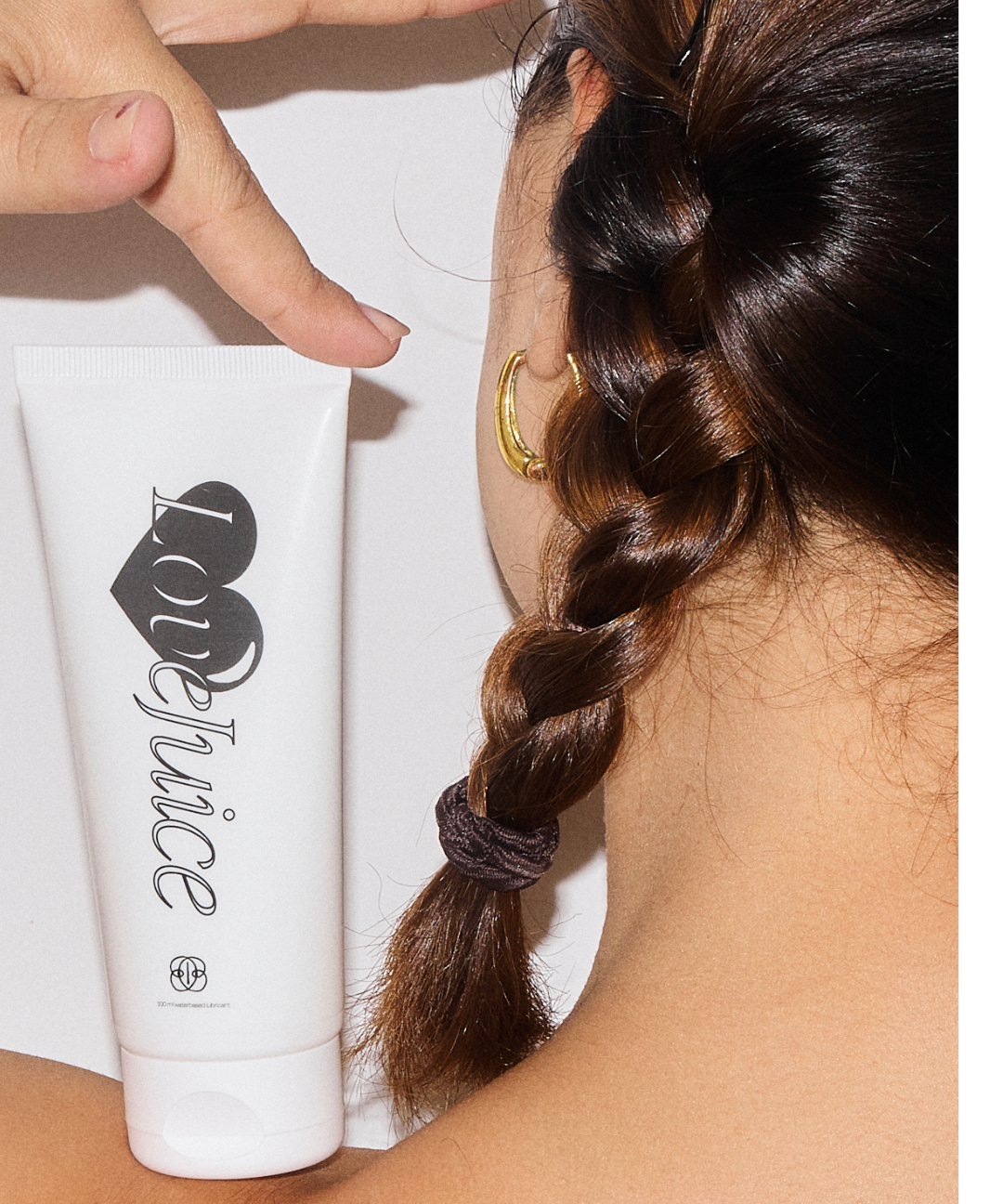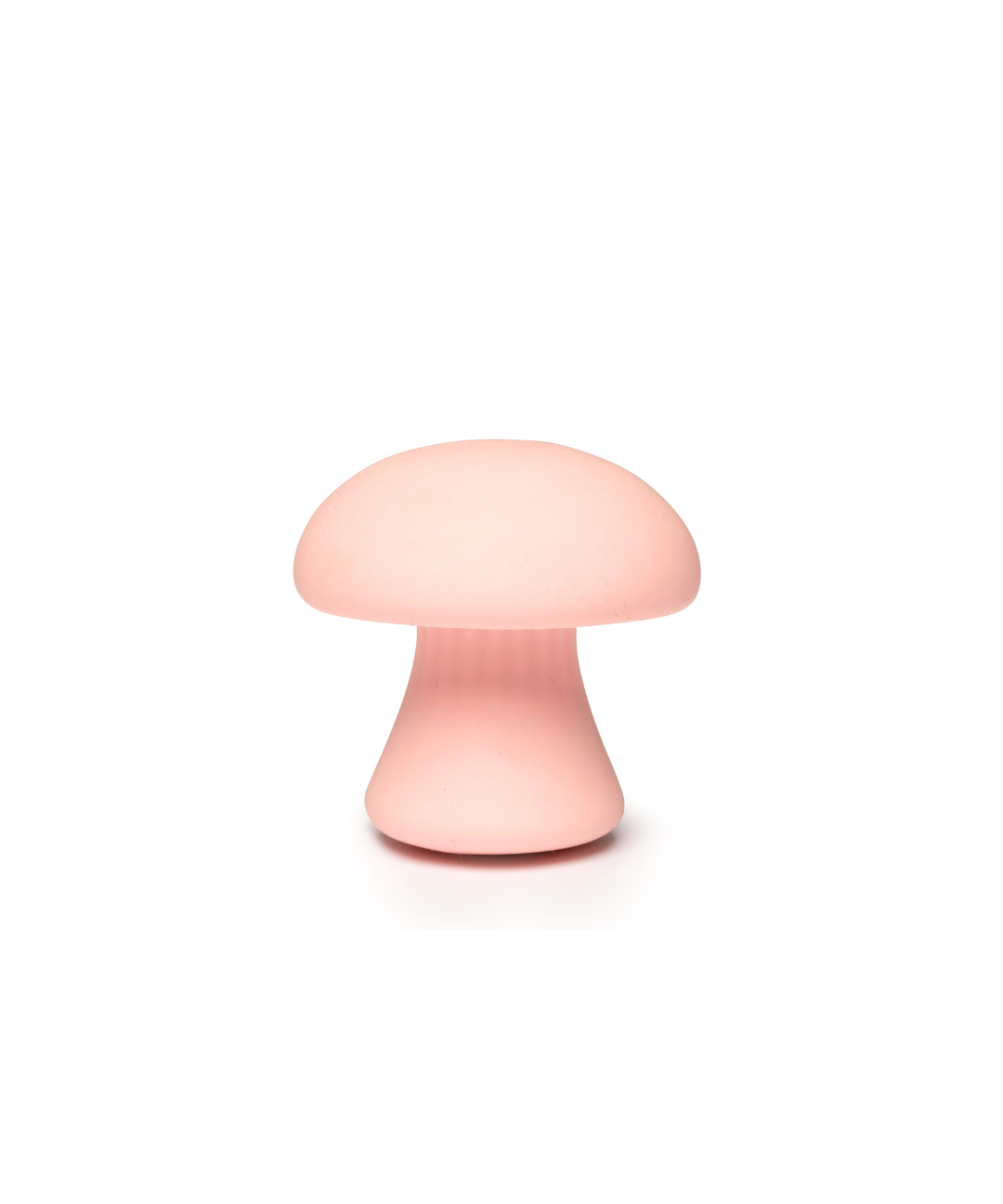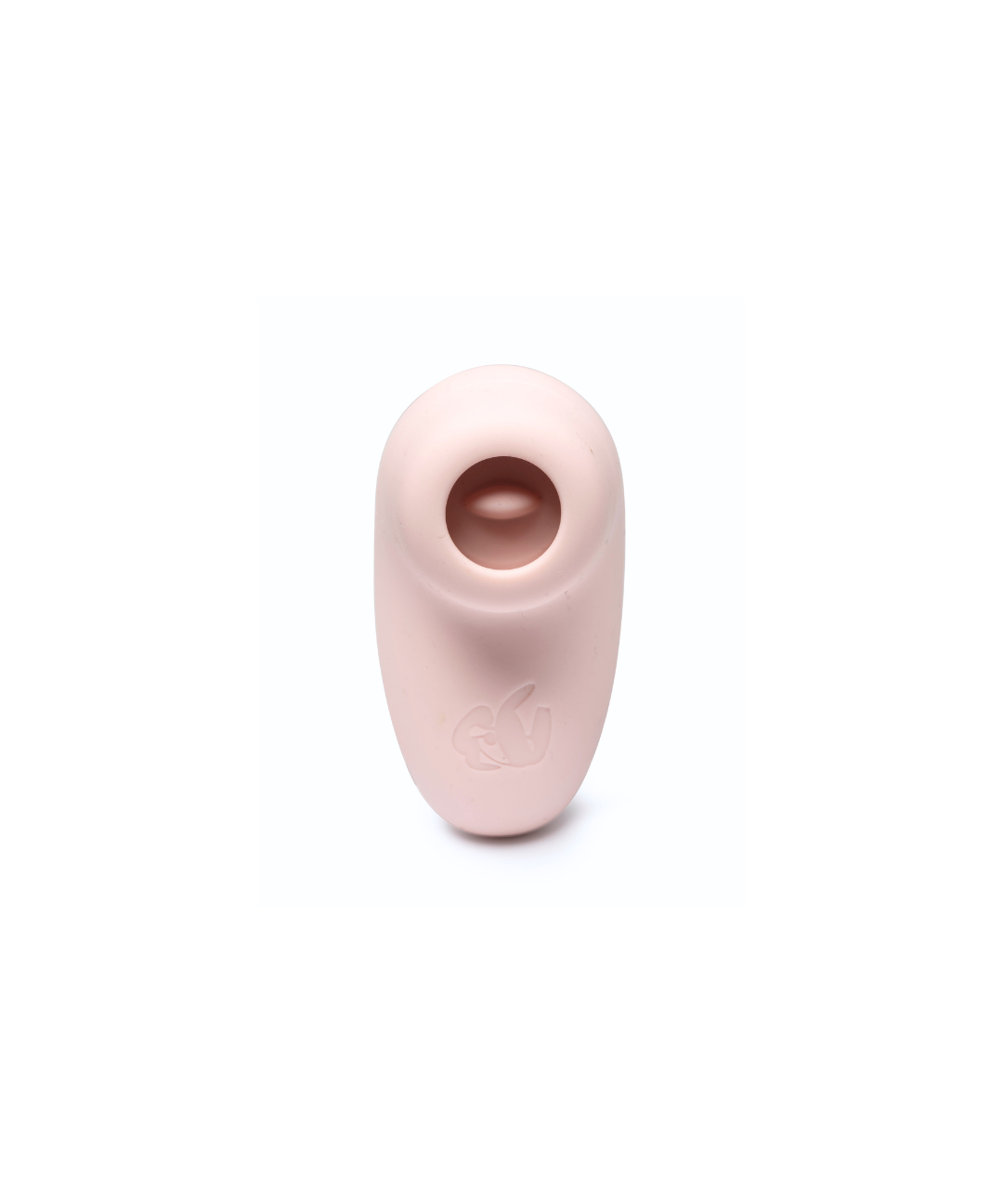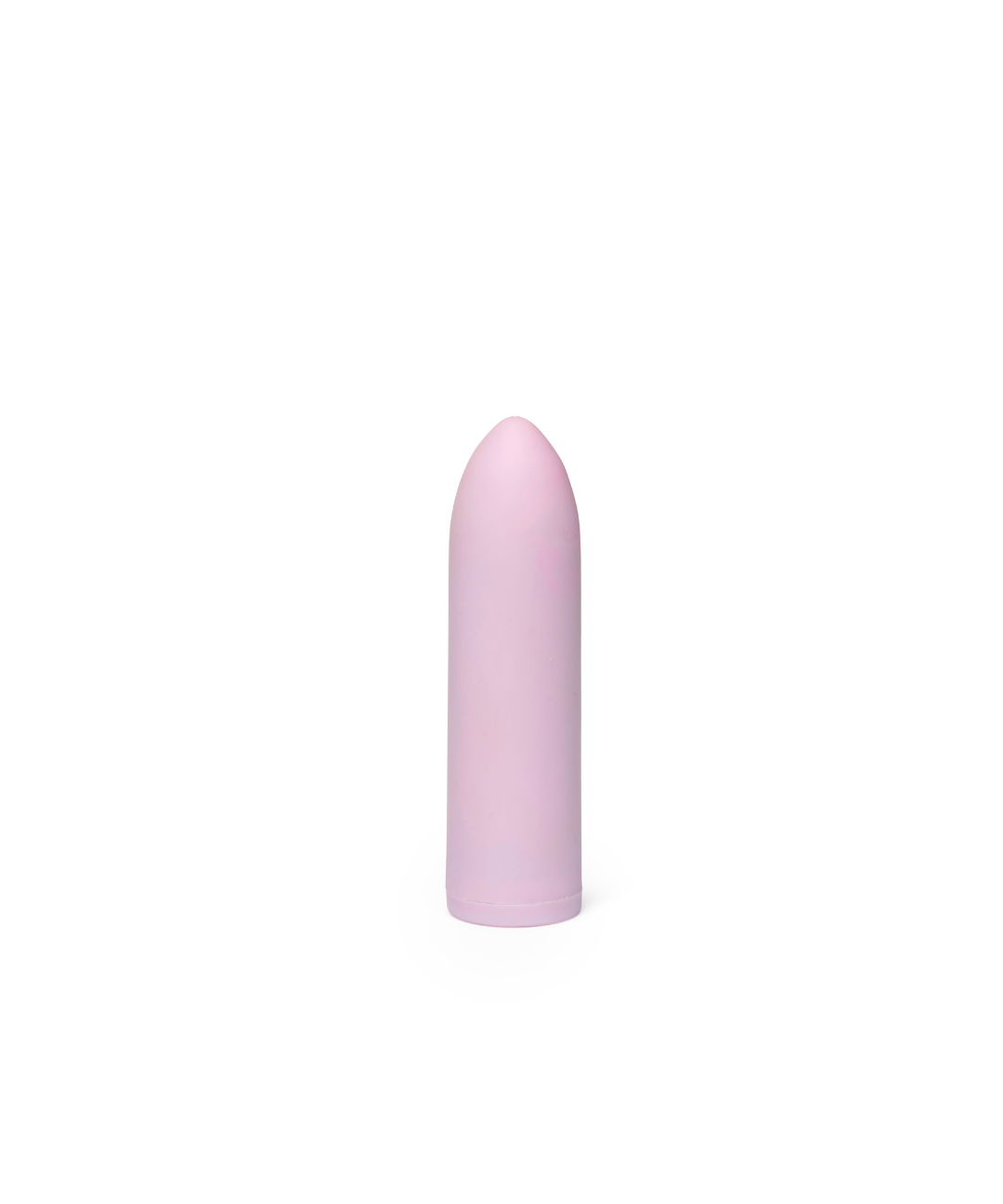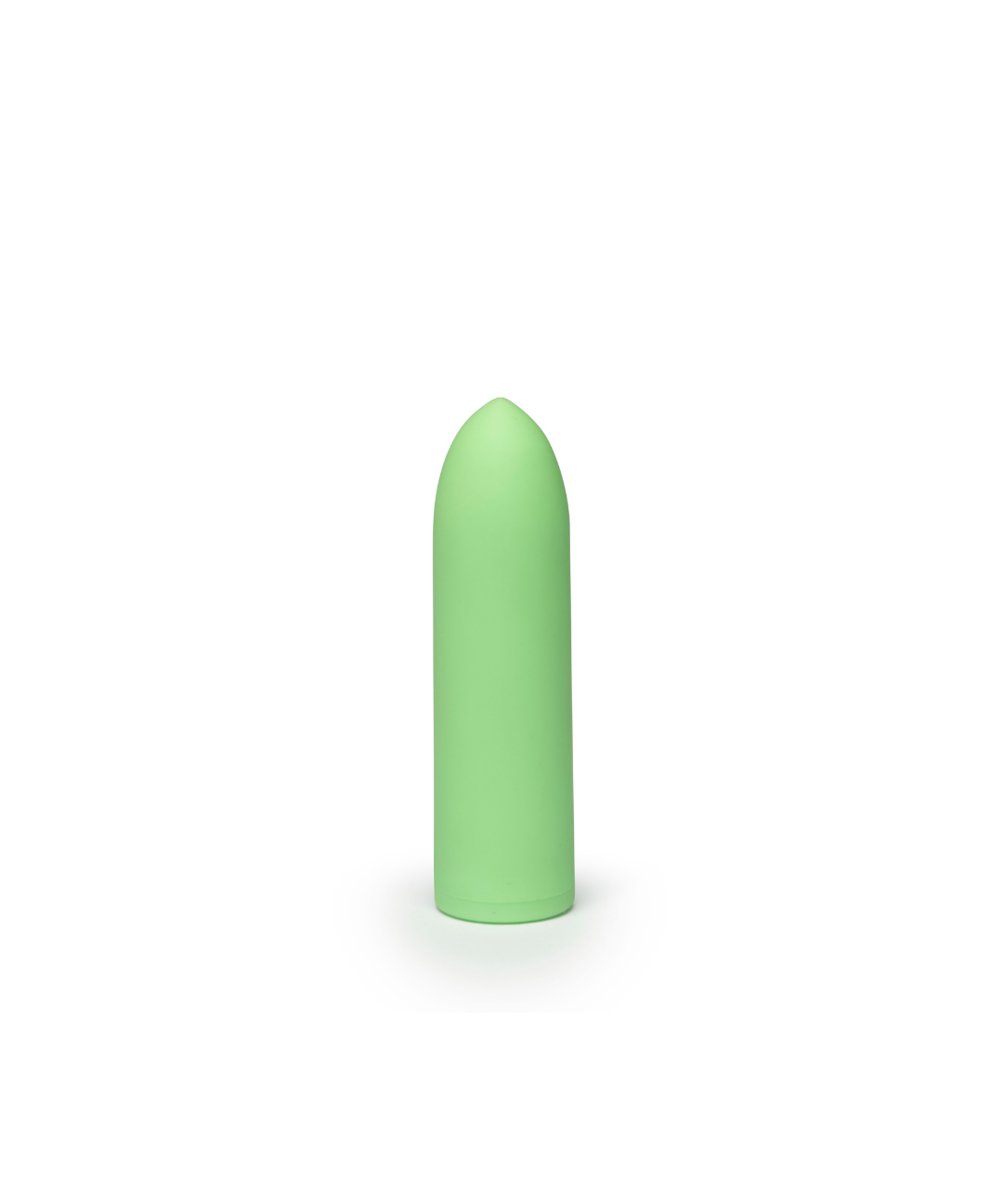This guide is written based on an interview @idahojegaard has done with Esther, who has herpes, and with the help of Mascha, who is a doctor.
If you have herpes, you are definitely not alone. Every fifth adult Dane has genital herpes. Yet, herpes, like many other disorders that manifest themselves in the genital area, is surrounded by shame, stigma and lack of knowledge. In this guide, we will introduce you to herpes. For causes, symptoms, diagnosis, treatment and prevention. It is important to note that the guide does not replace professional medical care, and we would always recommend that you seek advice from your doctor, or from an STD clinic, if you have, or suspect you have, herpes <3
What does herpes feel like?
When a herpes outbreak begins, you may experience early signs such as pain, swelling, redness, itching and a burning sensation on the penis, vagina, anus or mouth. These symptoms develop into small, clear, oozing blisters on a defined area of the skin or mucous membranes. Genital herpes typically occurs on the external genitalia and around the anus, but can also occur on the inner thighs or buttocks. It is the blisters that can feel very painful.
In the case of a first outbreak, you may have symptoms such as fever, headache, muscle pain and general malaise. The first time you get a genital herpes outbreak, it often feels worse and lasts longer than subsequent outbreaks. If you subsequently have a new outbreak, the symptoms will in principle be the same, but to a milder degree.
We spoke to Esther, who has herpes, and asked how she experienced having herpes for the first time.
Esther: "It started with me having a little discomfort in the vulva, but then it developed quickly, and it hurt both when I sat down and when I was wearing panties. It was impossible for me to cycle back and forth to work.
I sat down and looked in a mirror and then I could see that I had some small sores at the entrance to the vagina. I went to the doctor and she vaccinated me and said it could well be herpes. And it was fitting that I had just had unprotected sex with someone.
The next day I was told it was herpes. It really hurt. I had to stand with a cold shower on my vulva when I had to pee.
My breakouts after my first one haven't been as bad, but it has hurt. I think the difference is that I now quickly know what it is and that I can pick up the medicine I have on prescription.”
What is herpes?
Herpes is an infectious skin and mucous membrane disease caused by the Herpes simplex virus (HSV). Herpes appears as small blisters filled with clear fluid, they often appear on the mouth or genitals.
There are two types of herpes viruses. One is the one that causes cold sores on the face, herpes labialis, also called herpes type 1 (HSV1), and the other is the one that causes sores on the genitals, herpes genitalis, also called herpes type 2 (HSV2). You can be infected with one type of herpes or with both types.
HSV 1 is transmitted both sexually and non-sexually, while HSV2 is virtually exclusively transmitted sexually.
What does herpes look like?
What a herpes outbreak looks like varies from person to person. But some common characteristics of a herpes outbreak include the appearance of small, red, painful blisters or sores on the skin or mucous membranes. As the eruption progresses, the blisters may burst and form crusts that eventually fall off and heal.
Esther: “My herpes typically shows up as a sore - sometimes several. The sores occur both on the vulva and in the anus, but on me it is not very visual.”
How do you get herpes?
Herpes is a viral disease, and this means that you have to be infected to get herpes (ie from another person). You become infected via skin-to-skin or mucous membrane-to-mucous membrane contact. This can happen by e.g. kissing, touching and when having sex — also oral or anal.
You can, if you have herpes on the mouth, and e.g. gives another oral sex, infection to the genitals - and vice versa.
How long do you have herpes?
Herpes is a lifelong disease - you cannot get rid of herpes. This does not mean that you always have sores, but the herpes virus can be (re)activated during life; also what some would call an 'outbreak.' You can also have herpes without ever having an outbreak.
Esther: “I've had herpes for a little over a year now. At first I had breakouts once every two or three months. For half a year I had breakouts every single month. Right now there is a bit of calm again."
How does having herpes affect you mentally?
Esther: “First of all, I think that my herpes is triggered by how I feel mentally. The more upset and stressed I am, the more often I have outbursts. When I was in the last part of my relationship I had it every month. Because I really wasn't feeling well. But now that we've broken up (3 months ago), I haven't had it since.”
When I got herpes, I was really ashamed. It has mainly been in relation to my sex life. I didn't know where I got it from, and I was embarrassed to have to tell those I had sex with during that period.
But soon after I met my now ex-boyfriend and told him. Now that I'm single and about to have sex with new people, I think about it a lot. Should I say it? How do people react? Does anyone think it's cheesy? Although I don't think it's embarrassing myself, and I'm not ashamed as such anymore.
Can you do something yourself to prevent herpes outbreaks?
New outbreaks can be caused by many things; stress, a weakened body (perhaps just from a small cold), illness, too much sun and menstruation can contribute to provoking new outbreaks. Unfortunately, there's not much you can do about most of these causes, but there are still some things you can do to help. When you take care of yourself both physically and mentally, you strengthen your body and your immune system, and that's really the best thing you can do <3
What can be done to relieve breakouts? Can anything be done at all?
There are some things you can do to relieve when you have an outbreak. Care must be taken to keep the area clean and dry to avoid other infections. You must remember to wash your hands if you have touched the buds. And for pain, you can use over-the-counter medicines such as Panodil or Ipren and/or use a prescription local anesthetic cream.
What are the forms of treatment and the options for treatment?
For first outbreaks, or subsequent severe outbreaks, the doctor can prescribe tablets that work against the herpes virus. The treatment must be started during the first five days to have an effect. This kind of medicine will give you milder and less painful courses, where you will not get such strong symptoms. It will also reduce the risk of infecting others.
If you are severely troubled by repeated outbreaks, the doctor can prescribe preventive treatment. It is the same kind of medicine that is used, both for outbreaks and preventively, just in different doses.
It is always a good idea to contact your own doctor if you have symptoms that may be herpes-related. The doctor can vaccinate for both herpes and other venereal diseases as well as for cystitis, as the symptoms can be similar.
Esther: “When I have an outbreak, I get Aciclovir and then I take 5 pills a day, 7 days in a row. The pills take away the pain in one day"
Can you have sex when you have an outbreak?
You can have a normal sex life even if you have herpes. And you can have herpes without infecting everyone in your path. Still, there are some things worth thinking about if you have herpes and want to have sex.
Because although the risk of infection is greatest when you have an outbreak, you can be infected without having an outbreak. That is, without you being aware that you can be infected. Using a condom reduces the risk of infection, but does not rule out infection completely.
How has your herpes affected your sex life?
Esther: “Before, I was probably a little too careless when it came to protection. But after I got herpes, I learned that a condom is worth it - also just to avoid a lot of other bad things. I'm still torn about whether to tell my future sex partners that I have herpes (when it's not breaking out) - especially if it's just a one night stand.
When I had regular sex with my ex-boyfriend, we would take a break from having sex as soon as I felt the slightest bit off. My ex-boyfriend never got herpes even though we had unprotected sex.
When I have an outbreak, I don't have sex with others at all - not only because of infection, but also because it would hurt too much. I masturbate as usual when I have a herpes outbreak. Then I usually stimulate the clitoris, because that's not where my sores are, and I can do that painlessly."
